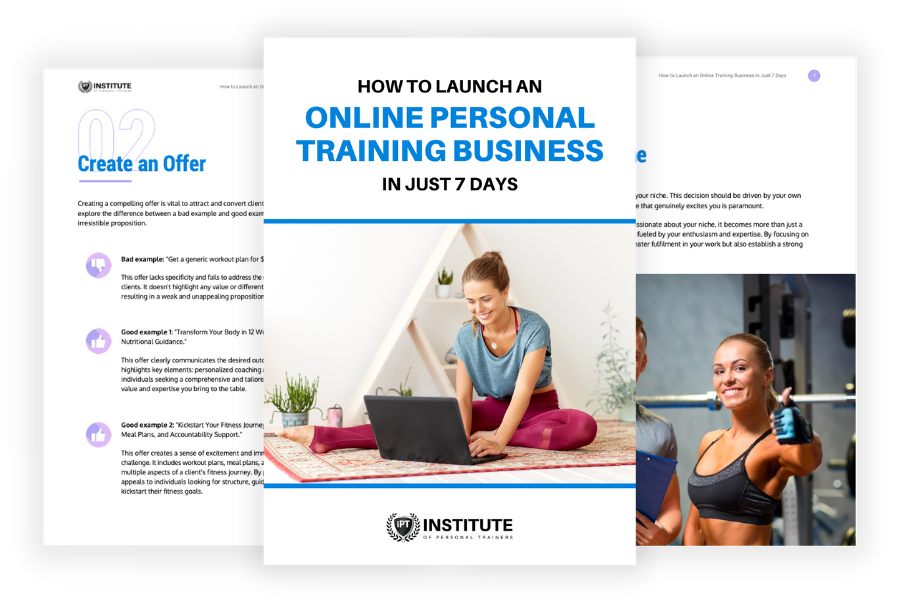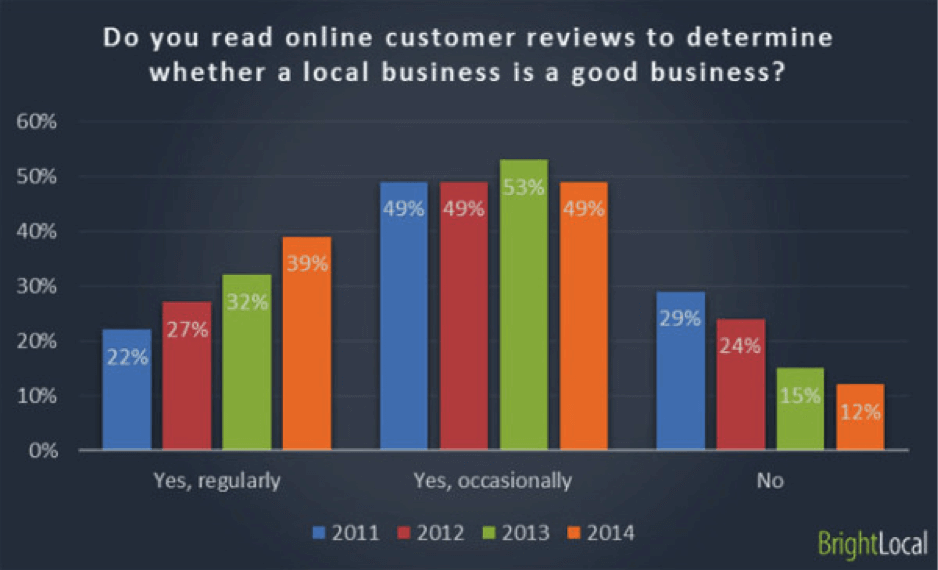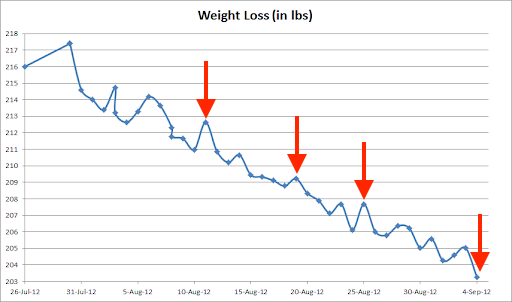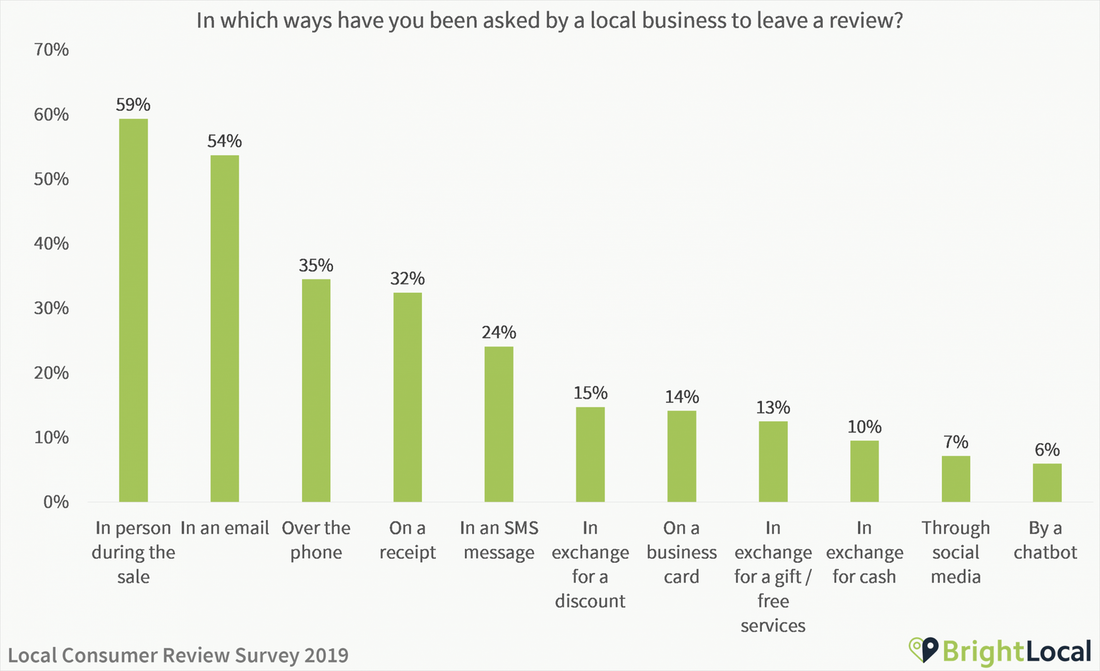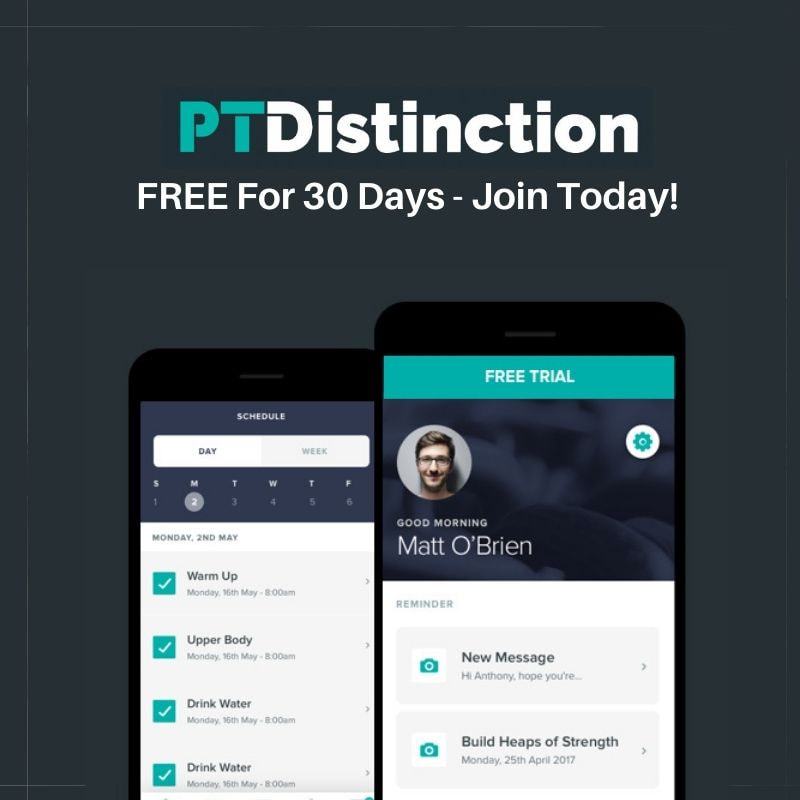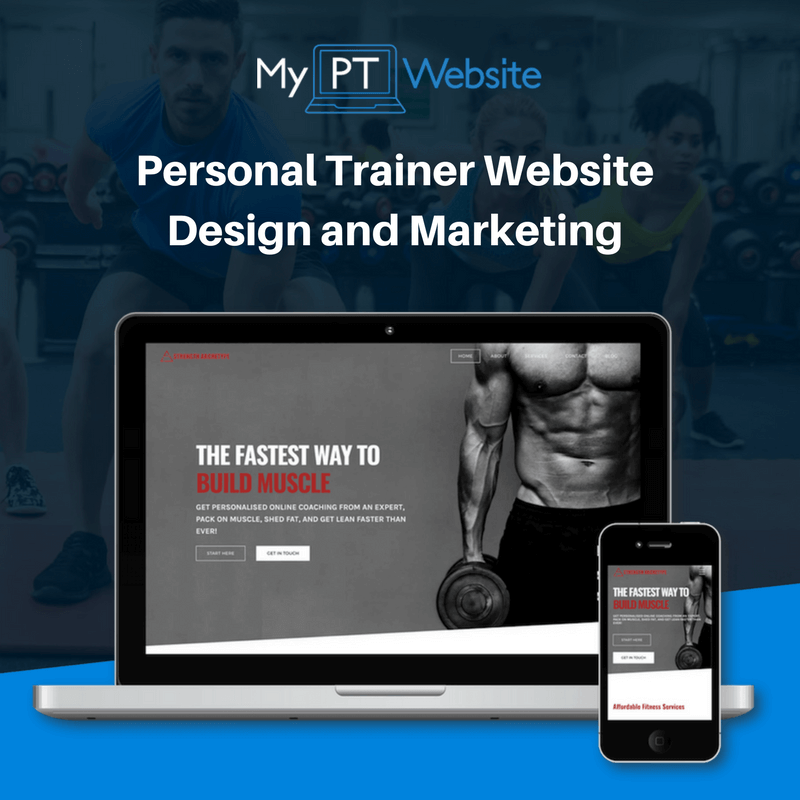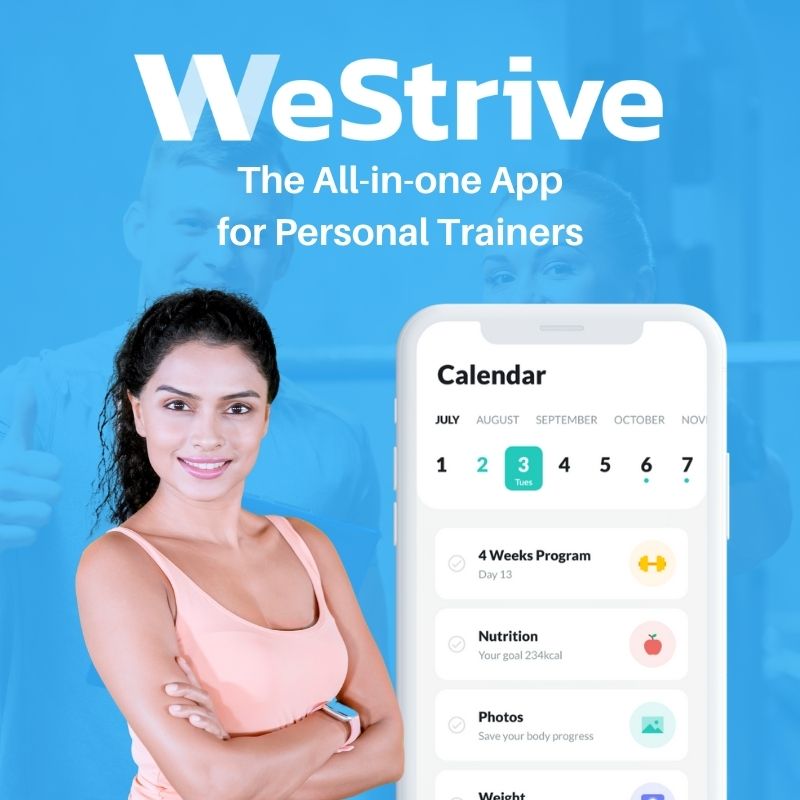|
FREE GUIDE: HOW TO LAUNCH AN ONLINE PERSONAL TRAINING BUSINESS
IN JUST 7 DAYS
✓ The new, better way of launching an online business
✓ The fastest way to create in irresistible offer ✓ A simple system to sell to clients who are interested |
|
Even if you provide an incredible personal training service for your clients and help them to get healthy, extend their lives and accomplish their goal, it can be hard asking for the testimonial. However, often personal training clients don’t understand the importance of asking for a testimonial, or treat it like they are reviewing a transaction on amazon - speaking with no emotion. Or giving a vague “she’s an awesome personal trainer!” with no context or frame of reference. This sort of sincere review is appreciated, but could be much more impactful with a few tweaks. That’s why they might need a little help to inject a little emotion into their review. Why Ask For A Testimonial?Asking for a testimonial from your existing personal training clients allows you to provide social proof and establish trust among people who are considering hiring you as their personal trainer. It’s a way for you to establish authority, and to demonstrate your ability to deliver an incredible service. It’s evidence that you can help your clients to achieve their goals. This is especially important because those who aren't your clients yet will actively seek out testimonials about you before they decide to get in touch. It’s a clear way to indicate to potential clients who you work with and the sort of results you achieve. This is a subtle way for potential personal training clients to align with the sort of people that you work best with. When To Ask For A Testimonial A mistake that a lot of personal trainers make with reviews is waiting until the client is leaving your services to get the testimonial. This might mean that you’re asking for the review when the client is over the moon with their progress, and “graduating” your programme to go it alone. It might be more likely that they’re stopping training for other reasons - expense, life getting in the way, or that they haven’t had the results they hoped for. Waiting until this point might yield you no review at all as your client has their focus on other things. Asking for a testimonial should be done after they’ve completed an important milestone - so they have had enough experience of your personal training to make an informed review, but not so long after that they feel disconnected from their original goals. Don't wait until the very end, ask multiple times throughout the journey. You should also be asking for referrals at regular intervals; once the client has signed on with you, in a “do you have any friends that you think would benefit or have similar goals?” way, which is excellent for bringing in new leads. You could ask for a referral again every 4 to 6 weeks and set up a notification on your calendar to remind you to send them out to new clients or those who have not yet completed one. The longer your client trains with you, the more people are going to be asking them about the incredible results you’ve been getting them, so it doesn’t hurt to remind them - and you could even incentivise referrals if you wanted to. How To Ask For A TestimonialRarely, if left to their own devices, your clients will write a sincere and positive review without being asked. If they do, it usually lacks emotional narrative or context. You can help them to structure their review by asking them direct questions in written form. Google forms are a great way of doing this without too much tech, or a form builder like Wufoo if you’re a little more advanced. You could even write the questions in a text message or e-mail and with your client’s consent screenshot or re-write the testimonial into a coherent story. Having a written testimonial allows your client to review your Facebook business page, as well as your Google My Business account or any other places your business exists online. They can write it once and then paste it into whatever locations you require it. According to Bright Local, the best time way to ask for reviews is in person so it would make sense to have a client fill out a review right in front of you. Explain that you use testimonials to improve the service you provide, and that they really help you to show other people the sort of things clients like about your service. Be honest and tell them that they make a difference in promoting and growing your business and that people like an idea of what they’re getting from a personal trainer. It can be extremely powerful to have a video recording of a testimonial which you can use on your website if your client is willing to do this. Video recordings can be repurposed into other forms of social proof by quoting them for videos on social media or quoted from in writing. What To Ask In Your Testimonial Asking specific questions in your testimonial will allow you to structure the narrative and context by which your client came to personal training. It gives the essential background which makes a potential client empathise with what personal training can do for them. This is essential in providing the testimonial with the all important context in which you were able to help you client with their pain points. You might consider using these questions as a starting point:
You could also consider adding a checkbox or disclaimer giving you permission to use the testimonial in your marketing or to re-write it into a story if they would prefer to remain anonymous. Your questions in the testimonial will highlight how someone has changed a specific and problematic part of their lives through personal training with you. Make a note of their age, location, name or other demographic points so you can market to this audience again. Where to Display Your Testimonials? You should display your testimonials as part of your marketing in all the places a potential client might look for information about your service. This might include:
It should be something that prospects who are considering buying personal training from you be directed towards as part of their buying journey before being invited to book a call or coming for a consultation. |
Our All In One Platform
Check out out all in one business & marketing platform for personal trainers!
WEBSITE BUILDER | FUNNELS |MEMBERSHIPS | SCHEDULING| EMAIL MARKETING| PAYMENTS| CRM | AI ASSISTANT | SURVEYS
Popular Articles
Trusted Partners
We work closely with some of the best service providers in the fitness industry.
Categories
All
|

